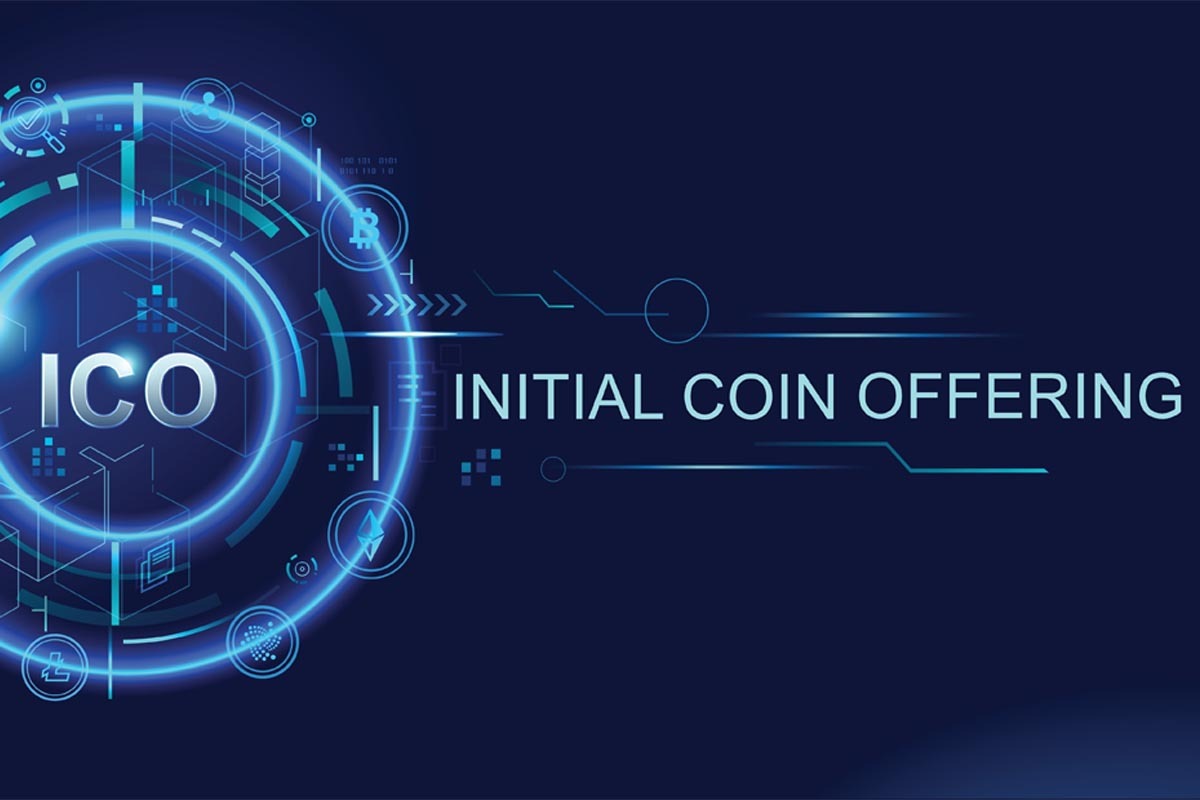Customer engagement and loyalty can make or break businesses and as such, loyalty reward programs highlight planned investments for varied companies and they are still lagging behind because of inefficiencies. There are multiple causes but the main is the lack of a smooth management system that leads to minimal customer engagement.
E-commerce sellers and retailers cannot underrate the importance of a loyal consumer. With consumer acquisition prices rising and different competitors continually developing an influential cadre of consumers willing to spread that message to their friends and appreciate your brand above all others, is an immense benefit. Read on to know more.
Stats on the value of loyal customers
- Repeat consumers make 40% from a store’s income.
- 54% of the larger population and 62% of millennial shoppers tend to purchase from their chosen brand exclusively.
- The first 10% of customers pay 3 times higher per order than the average customer.
- The first 1% of customers pay five times more.
- On the whole, loyal consumers who pay more are more inclined to convert while they check out your site and are more expected to turn into brand promoters and promote your brand to different potential consumers.
As loyal consumers happen to be such a beneficial asset, it’s no wonder that companies are spending more when it comes to courting them. From an analysis of a few Fortune 500 organizations, 54% stated they would be expanding their loyalty program funds in the upcoming years.
For a prolonged period, brick-and-mortar and e-commerce stores have adopted loyalty rewards programs to promote repeat business. Conventionally these strategies have been adopted as a technique to boost repeat customers by awarding discounts and points.
Sometimes by complex registration processes or involving cards, these plans are likely to fall out of support with new consumers. Rather than heightening the consumer expertise, they can carry out the reverse effect — discouraging customer activity with transactional rewards and complicated rules.
A solution that various brands are going to welcome is incorporating the blockchain loyalty platform for consumer loyalty. The goal is that the blockchain-based loyalty rewards program will transform consumer loyalty rewards by discarding some of the pain points of conventional loyalty programs.
Prime advantages of loyalty rewards programs
Loyal consumers are the principal drivers concerning any for-profit company. By developing customer loyalty rewards programs, brands aim to intensify the consumer experience. In numerous cases, nonetheless, the reverse has happened. The addition of the blockchain-based loyalty rewards program can take the consumer expertise to the next level, and here’s how:

- Decreasing costs: Although blockchain contracts upfront costs, we assume that the trade-off price gains will remain identifiable on three fundamental levels–transactional, system management, and customer acquisition. A blockchain-based loyalty rewards program will decrease system management expenses by smart contracts that report tracked, secure, transparent payments to legacy operations, decreasing costs associated with failures and scam.
- Facilitating a frictionless system: Through a trustworthy, decentralized technology solution, blockchain programs happen to be centralizing the consumer’s loyalty applications. Loyalty providers choose with whom and how the consumer accepts these rewards, however, from a customer perspective, his or her capacity to manage and access them happens to be almost frictionless.
- Making the method near real-time: Blockchain loyalty programs allow a transaction to be registered and obtained by multiple connected people in near real-time, improving the chance that blockchain loyalty platform providers can cut through coordination inertia to attribute points quicker.
- Implementing a safe environment: Blockchain produces a time-stamped and an immutable shared database record of every individual transaction ever done, making every transaction and their record identifiable, and further rendering them immutable, blocking fraud, double spending, abuse, and any different type of use of the activities.
- Formulating unique business possibilities: At the start of creating an interlinked blockchain loyalty network, providers for an extensive loyalty rewards program with well-developed programs will hold different possibilities to endeavor value-added services to different businesses.
Few Cases for Blockchain Loyalty Tokens
Blockchain technology can provide solutions to some of these problems with the blockchain-based loyalty rewards program by connecting users and owners of various programs. This process can analyze the method of employing and keeping customers from owning wallets flooding with passwords or rewards cards to multiple distinct reward accounts. These blockchain tokens never lose value or expire, unlike conventional reward points. Here lie some of the benefits of this variety of system.
1. Open systems
A blockchain token is recorded and cannot be revoked publicly within the blockchain network. The issuing organization cannot eliminate or take away those rewards because of some internal design. It is a win-win situation for the customer who does not have to bother regarding their points being devalued or expiring before they can redeem them. Similarly, it is a win for companies that gain better customer loyalty by giving a more reliable and direct customer experience.
2. No clutter
Blockchain tokens can be utilized at different stores, exchanged for different crypto, or saved as an investment. That indicates consumers would not need to juggle 50,000 American Airlines miles, 600 Vons points, and ten sandwich card stamps.
3. Better flexibility
With blockchain loyalty programs, consumers have better freedom in how they redeem their gifts or are capable of redeeming them for shorter gains. One of the main objections many consumers have with conventional loyalty programs is the complicated point accrual systems with little rewards. With blockchain, there is room for more versatility in the way they handle the rewards they have earned, which happens to be a huge plus.
4. Decreased costs
Program prices would not take hundreds or thousands of dollars or years to execute and manage. Due to Blockchain’s distributed ledger, you can easily and cost-effectively maintain a loyalty record.
5. Complete transparency
Users can understand that businesses cannot modify blockchain token amounts or rules according to their will. It provides customers with the comfort that they can purchase what they need when they need it.
6. Less scam, more security
Blockchain happens to be based on P2P operations, indicating there remains a far less possibility of a violation in the application or your brand in general. Every necessary data is stored on the permanent blockchain ledger. All time-stamped database entries happen to be irreversible, preventing problems of transaction manipulation and fraud.
Why Ecommerce Needs a Blockchain?
Blockchain is anticipated to grow in the upcoming years because of its value-added services for companies. A forecast predicts that the usefulness of blockchain concerning businesses will surpass $3.1 trillion within 2030. Companies are acknowledging this inherent value by spending on different solutions. This graph displayed the global spending on blockchain solutions within current years and projected through 2022.
What is Behind the Value-add and How can Blockchain Disrupt Ecommerce?
- More straightforward implementation for shops of all sizes: One of the causes why blockchain can turn out to be a game-changer for retail businesses and e-commerce is that it opens doors for smaller companies to build their loyalty programs. As the blockchain-based loyalty rewards program can be executed at a lower price, it can be completed on a smaller scale with a smaller barrier to approach new and small businesses.
- Better accounting: In extension to reduced prices, another benefit happens to be smooth account management. Blockchain is not only more straightforward for consumers to manage without having to balance multiple accounts and cards, but from the business side, you would not need an accounting unit to create spreadsheets with numbers on who paid what and whose details are where.
- Happier customers: Ecommerce happens to be a competitive industry, and businesses understand that they necessitate strategies allowing a product to not only draw consumers but retain them back as well. Giving consumers rewards for remaining loyal happens to be an approach to get return consumers to an e-commerce store. With the blockchain loyalty program, online stores can renew their loyalty plans to make consumers happier as they will hold greater flexibility and ownership over their points and rewards with a more frictionless experience.
- Access to a chain of loyal consumers: By utilizing blockchain to build a network of communities where customers can apply their tokens, a company gains access to a network of potential customers.
The e-commerce business is always growing, along with consumer expectations. Consumer pain points now will influence changes in the future. The blockchain-based loyalty rewards program might be in its infancy but can lead to a more significant disruption of the industry as more companies explore its abilities. It will be illuminating to recognize how this developing technology soars as more and more prominent brands consider building new loyalty programs or transition their conventional loyalty programs through blockchain. Check out the points as mentioned above to know more about the same.





